How to empower children

Empowering children is the best way to protect them against abuse. Help them develop crucial life skills and educate them on where and how to seek help, should they ever be in an abusive situation.
Every child deserves to be loved, taken care of and respected. While most people do not hurt children, anyone can. People who abuse children are most often people who know them quite well, including family members, neighbours, teachers/coaches,caretakers etc. It is therefore important for adults to educate children on self protection and help them develop life skills that can enable them to avert abusive situations and protect themselves.
To help children learn how to be safe from all forms of abuse or what they can do in such situations, it is important to make them STRONG, by means of empowerment and awareness.
- S Share your concerns
- Teach children that they should speak up if they are hurt or experience anything that makes them feel confused, sad, anxious or scared. Let them know that they should always tell a trusted adult, if they find themselves in such a situation. Help them identify the support systems that they already have, and to identify which adults they trust or ask for help. This could be a family member, a teacher, a friend’s parent, or even the Child Helpline 1412. If someone tells them not to tell their parents or friends about any incident, especially if it involves any touching or words that are not okay or is confusing to them, make that a reason for them to share the story.
- T The Underwear Rule
- Teach children that the parts of the body covered by underwear are private. No one may ask to touch or see their private parts. Likewise, they should not be asked to see or touch someone else’s private parts. However, sometimes doctors or family members might have to, in which case they should get the child’s permission and explain why they need to do so.
- R Respect your body
- Teach children to respect their own body and let them know that their body belongs to them, and no one else. Help them understand that they have control of their body and that other people should respect their body and feelings. They should understand the difference between good touch and bad touch. They should also be aware that no one has the right to make them do anything with their body that makes them feel uncomfortable.
- O Online safety
- Teach children ways of using the internet safely, especially when using social media. They should not share their personal details or turn on their webcam if it is a stranger. They should not make plans to meet up, no matter how well they think they know an online friend. They should also not respond to inappropriate online requests or be pressured into doing something they do not want to, while they are online.
- N No means No!
- Teach children that no one has the right to make them do anything that makes them feel uncomfortable. Help them understand they have the right to say "NO" to unwanted touch – and that they should say “NO” to unwanted touch, even if it is a family member or someone they know or love.
- G Good and bad secrets
- Teach children the difference between “good” secrets such as surprise parties and “bad” secrets that are things that make them feel sad, upset or scared. Abusers often tell children that it is their ‘little secret’, which can make a child feel scared to tell anyone else about what is happening to them. Help children understand that they should share secrets that worry or upset them.


